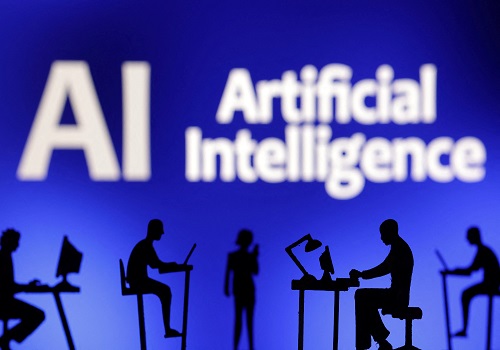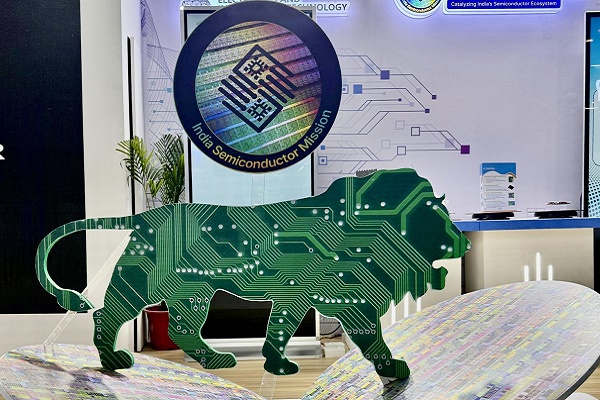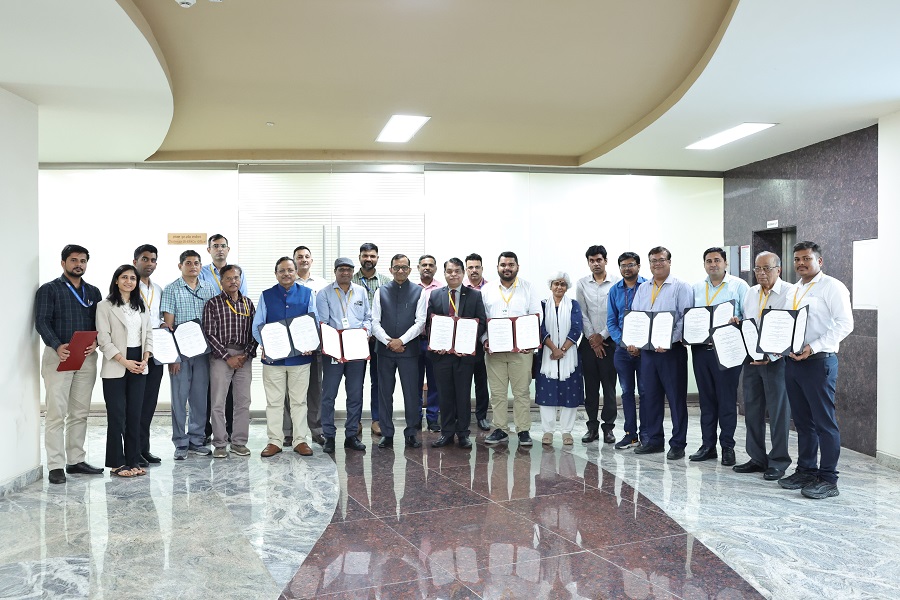The Future of Work: How AI and Automation Are Reshaping Business Operations

The future of work is rapidly being shaped by two transformative forces: Artificial Intelligence (AI) and automation. These technologies are not just buzzwords; they are the key drivers of a new era in business operations. Companies across various industries are harnessing the power of AI and automation to streamline processes, enhance productivity, and reduce costs. However, this transformation also brings forth challenges and opportunities, particularly in the realm of job displacement, reskilling, and ethical considerations. As we look to the future, understanding the role of AI and automation in business operations is critical for both leaders and employees.
The Rise of AI and Automation in Business
AI and automation have been at the forefront of business transformation for years, but their impact has been accelerating in recent times. From customer service chatbots powered by AI to fully automated supply chains, businesses are leveraging technology in every facet of their operations. The implementation of AI algorithms for data analysis, decision-making, and predictive insights is becoming a standard practice across industries such as finance, healthcare, retail, and manufacturing.
Automation, on the other hand, is revolutionizing repetitive tasks, such as data entry, inventory management, and manufacturing processes. With the rise of robotic process automation (RPA) and machine learning (ML), companies can now optimize operations, increase throughput, and minimize human error, all while freeing up employees to focus on higher-level, more strategic tasks.
Impact on Business Operations
Increased Efficiency and Productivity
AI and automation are streamlining business operations by improving speed, accuracy, and decision-making. By automating routine tasks, companies are reducing the time spent on menial work and redirecting their human resources to more value-driven activities. For example, in the financial sector, AI-powered tools can now handle risk assessments, fraud detection, and portfolio management, processes that were previously time-consuming and prone to human error.
In manufacturing, automation is enhancing production efficiency with robotics, smart factories, and real-time monitoring. These technologies allow for higher-quality outputs, faster production cycles, and lower operational costs. A similar trend is seen in logistics, where AI algorithms are optimizing route planning and inventory management.
Transforming Customer Experience
AI-powered tools are revolutionizing customer service and engagement. Chatbots and virtual assistants powered by AI can handle a vast range of customer queries, ensuring that businesses provide 24/7 support without the need for human intervention. Companies like Amazon and Microsoft are already implementing AI to improve user experiences, personalizing interactions and predicting consumer preferences.
Furthermore, AI is helping businesses personalize their marketing efforts, analyzing large datasets to create tailored campaigns that resonate with individual consumers. Predictive analytics allows companies to anticipate customer needs, enhancing brand loyalty and driving revenue.
Data-Driven Decision Making
AI and automation empower businesses to make more informed, data-driven decisions. With the ability to process vast amounts of data at speed, businesses can gain valuable insights into customer behavior, market trends, and operational performance. This data allows companies to optimize pricing strategies, manage risks, and identify new market opportunities.
For example, in the retail sector, AI tools analyze purchasing patterns to predict demand and adjust inventory levels in real time. Similarly, in healthcare, AI can sift through patient data to provide diagnostic insights, improving treatment outcomes and operational efficiency.
Challenges and Opportunities
Job Displacement and the Need for Reskilling
While AI and automation bring significant operational benefits, there are concerns about job displacement. As routine tasks are automated, many jobs are being eliminated or transformed. For example, in manufacturing, jobs that were once performed by assembly line workers are now being replaced by robots. In customer service, many call center roles are being replaced by AI chatbots.
However, this shift does not necessarily mean the end of employment. Instead, it creates opportunities for workers to reskill and adapt to new roles in technology-driven environments. As automation takes over repetitive tasks, human employees can focus on more creative, strategic, and complex roles that require emotional intelligence and critical thinking. For example, a customer service representative who used to answer basic queries can now work as a customer success manager, helping clients navigate more complex issues.
Ethical and Privacy Concerns
The widespread adoption of AI and automation raises significant ethical and privacy concerns. As AI systems become more integrated into business operations, there is a risk of bias in algorithms, particularly in hiring practices, loan approvals, and criminal justice. If not properly managed, these biases can lead to discrimination and unfair practices.
Moreover, the collection and use of personal data by AI-powered systems raise privacy concerns. Businesses must ensure that they comply with data protection regulations like GDPR and implement transparent data usage policies to maintain customer trust.
Business Transformation and Leadership
Leaders must embrace change and foster an organizational culture that encourages innovation, flexibility, and continuous learning. This includes investing in technology, promoting a growth mindset among employees, and ensuring the workforce is equipped with the necessary skills to thrive in an AI-driven environment.
To manage the transition, businesses need to develop strategies that incorporate AI and automation in a way that adds value without overwhelming their employees. This could involve offering training programs, facilitating career transitions, and ensuring that human roles are designed to complement AI rather than compete with it.
The Future of Work: A Hybrid Approach
In the future, the workplace will likely evolve into a hybrid model where AI and humans collaborate. AI will handle data processing, analysis, and repetitive tasks, while humans will focus on tasks that require emotional intelligence, creative problem-solving, and complex decision-making. This fusion of human and machine capabilities will redefine job roles and responsibilities, creating new career opportunities in fields like AI ethics, robotics management, and data science.
Moreover, businesses will need to invest in upskilling and reskilling programs to ensure their workforce remains competitive in the AI-driven landscape. This could involve partnerships with educational institutions or in-house training programs to help employees adapt to new technologies.
Conclusion
The future of work is undoubtedly being reshaped by AI and automation. These technologies offer immense potential to increase business efficiency, transform customer experiences, and provide data-driven insights that drive strategic decisions. However, businesses must navigate the challenges of job displacement, ethical concerns, and the need for continuous learning. By fostering a culture of innovation and preparing the workforce for the changes ahead, businesses can leverage AI and automation to thrive in the rapidly evolving digital landscape. The key to success lies in balancing technological advancements with human ingenuity to create a future where both can coexist and complement each other.





















